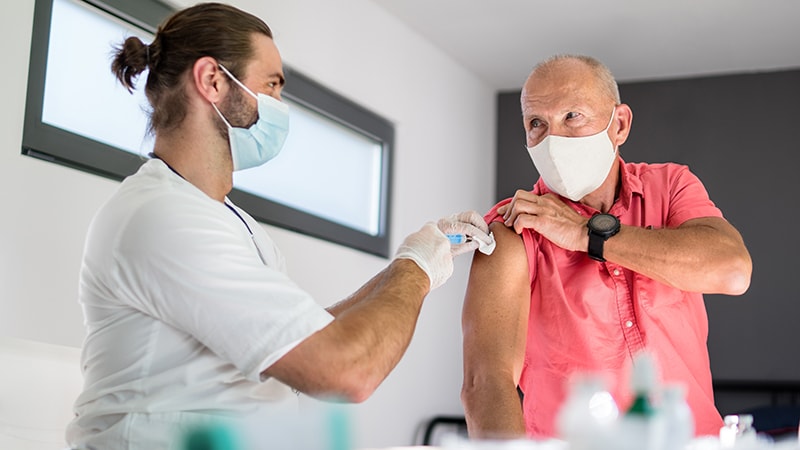An article published in the Journal of Medical Ethics sets out ethical guidelines for human trials of candidate COVID-19 vaccine.
Dr Adair Richards, an Associate Professor at the University of Warwick, said it is now incumbent on regulators, researchers and ethicists to work together quickly to consider whether or not it is ethically acceptable to conduct human challenge experiments with COVID-19, and if so, how best to do it.
He argues that deliberately infecting an individual with SARS-CoV-2 is necessary to speed up the process of vaccine development and potentially save many lives. And, he says, this can be done ethically.
“Deliberately infecting volunteers with a disease as dangerous as COVID-19 has previously been considered to be unethical by the research community. However I believe that the current global situation is so different to those previously faced, that it is ethical in this case,” said Dr Richards.
The research analyses each of the common arguments against these types of experiments including the risk of harm to volunteers; the risk of non-useable vaccine; the validity of a volunteer’s informed consent; the reputational risk to research; and that this could be a slippery slope to increasingly unethical research.
Dr Richards demonstrates that these arguments can be overcome. We do not need to lower our ethical standards to permit these types of experiment if sufficient ethical safeguards are put in place.
“Not to consider these issues now would be a dereliction of our moral responsibility to society,” he said.



